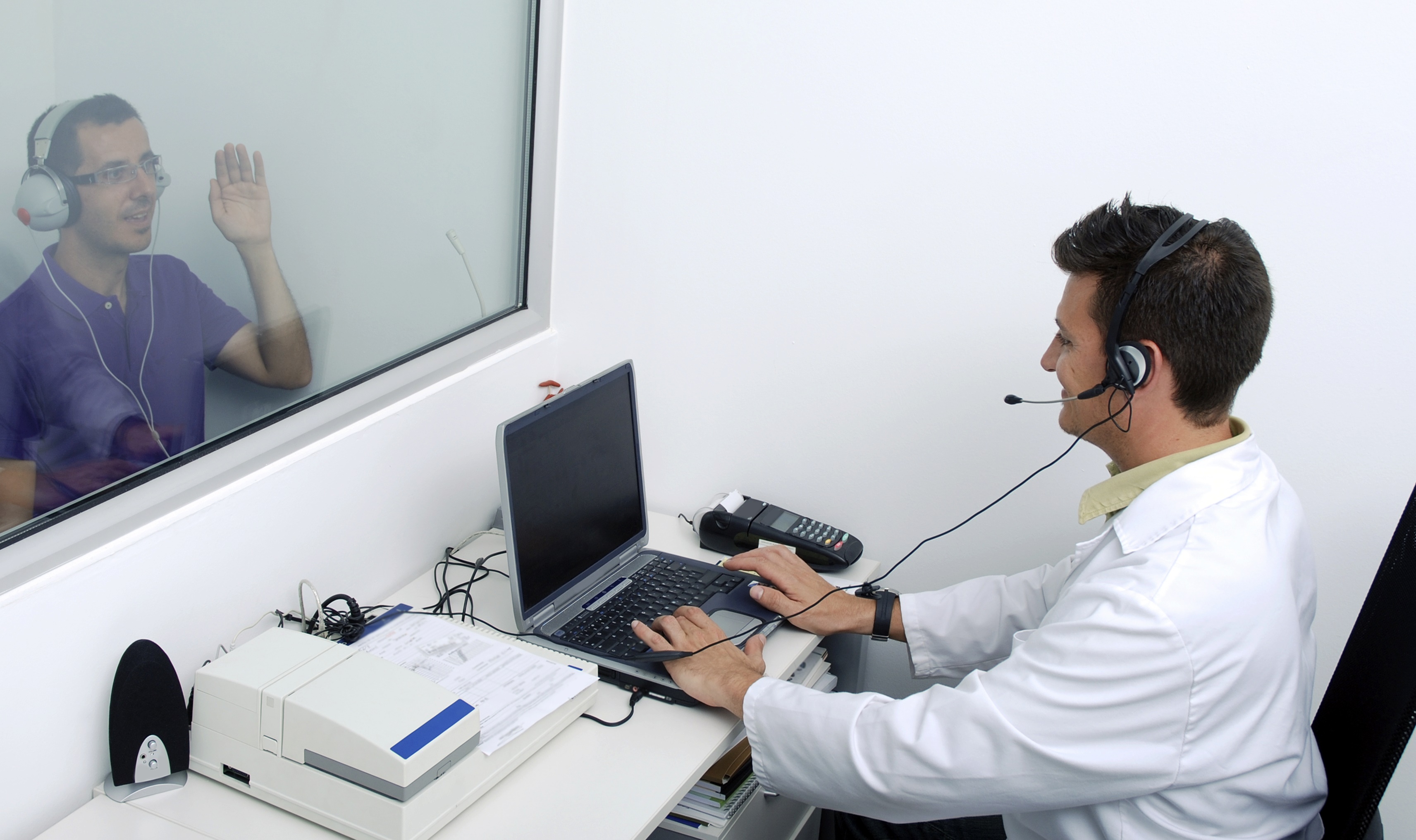
Congratulations on taking the first step toward better hearing by booking your hearing assessment. You’re already ahead of the game, as most people delay having their hearing tested for years—in some cases decades.
But now that you’ve booked your hearing test, you’ll want to make sure you’re well prepared for the appointment, especially if test results show that you might benefit from wearing hearing aids. Purchasing hearing aids can be difficult, but if you ask the right questions, your hearing care professional can help direct you to the ideal technology.
To attain the best hearing possible, make sure to ask these five questions at your upcoming hearing test.
1. What type of hearing loss do I have?
Your hearing care professional will test your hearing using the most current technology, and the results of the test will be printed on a chart known as an audiogram. See to it that your hearing professional reviews the audiogram with you and clarifies:
- The type and degree of your hearing loss. High-frequency hearing loss is most common, and is categorized as mild, moderate, severe, or profound.
- How hearing aids will help, and if and why you’d require hearing aids for one or both ears. Hearing loss in both ears is best addressed with two hearing aids, and the audiogram will display the results for both ears.
2. Which hearing aid is best for my needs?
Each patient’s hearing loss and listening needs are unique. The more your hearing professional understands about your lifestyle, the better they can prescribe the appropriate technology.
If you’re highly active, for example, you may want to consider the most up-to-date hearing aid technology with wireless capabilities. If you don’t need all of the bells and whistles, however, a more practical solution is likely a better fit.
3. What are my financing options?
Next is everyone’s least popular subject—price. Although you should bear in mind that the benefits of hearing aids far exceed the cost (the monthly cost in most cases being lower than the cable TV bill), the price can still seem to be high.
A number of financing options are available that can help cover the cost, although not all options are available to every patient. Nevertheless, you should talk to your hearing professional about some of these options:
- private insurance (uncommon but worth asking about)
- Medicare and Medicaid
- VA benefits
- charitable organizations
- state programs
- financing options (special healthcare credit arrangements)
4. How can I best adapt to my new hearing aids?
After you’ve picked out your preferred hearing aids and have had them professionally fit, you can go back home and instantly hear perfectly without any complications, right?
Not exactly. As with anything brand new, you’ll require some time to adapt. You’ll be enjoying sounds you haven’t heard for some time, your voice may sound different, and the fit of the hearing aid may feel unpleasant. This is completely common and expected, and will take care of itself in a short amount of time. You simply have to be patient.
Ensure that your hearing professional gives you instructions on how to best adapt to your hearing aids, including how to operate them and how to master the features.
5. How do I maintain my hearing aids?
Hearing aids are sophisticated and dependable devices that should operate reliably for years. Still, they will require regular cleaning and care. Ask your hearing professional about cleaning products and procedures, storage methods, accessories, and battery management.
In addition, it’s a wise decision to have your hearing specialist professionally clean your hearing aids a few times a year.
As you get ready for your hearing test, keep in mind that obtaining the best outcome requires:
- comprehending your hearing loss
- coordinating your hearing loss and lifestyle to the right technology
- selecting an affordable solution based on your budget
- professionally fitting and programming your new hearing aids
- adapting to and taking care of your hearing aids
With the support of your community hearing care professional—and by asking the right questions—you can ensure the best results and a life of healthier hearing.